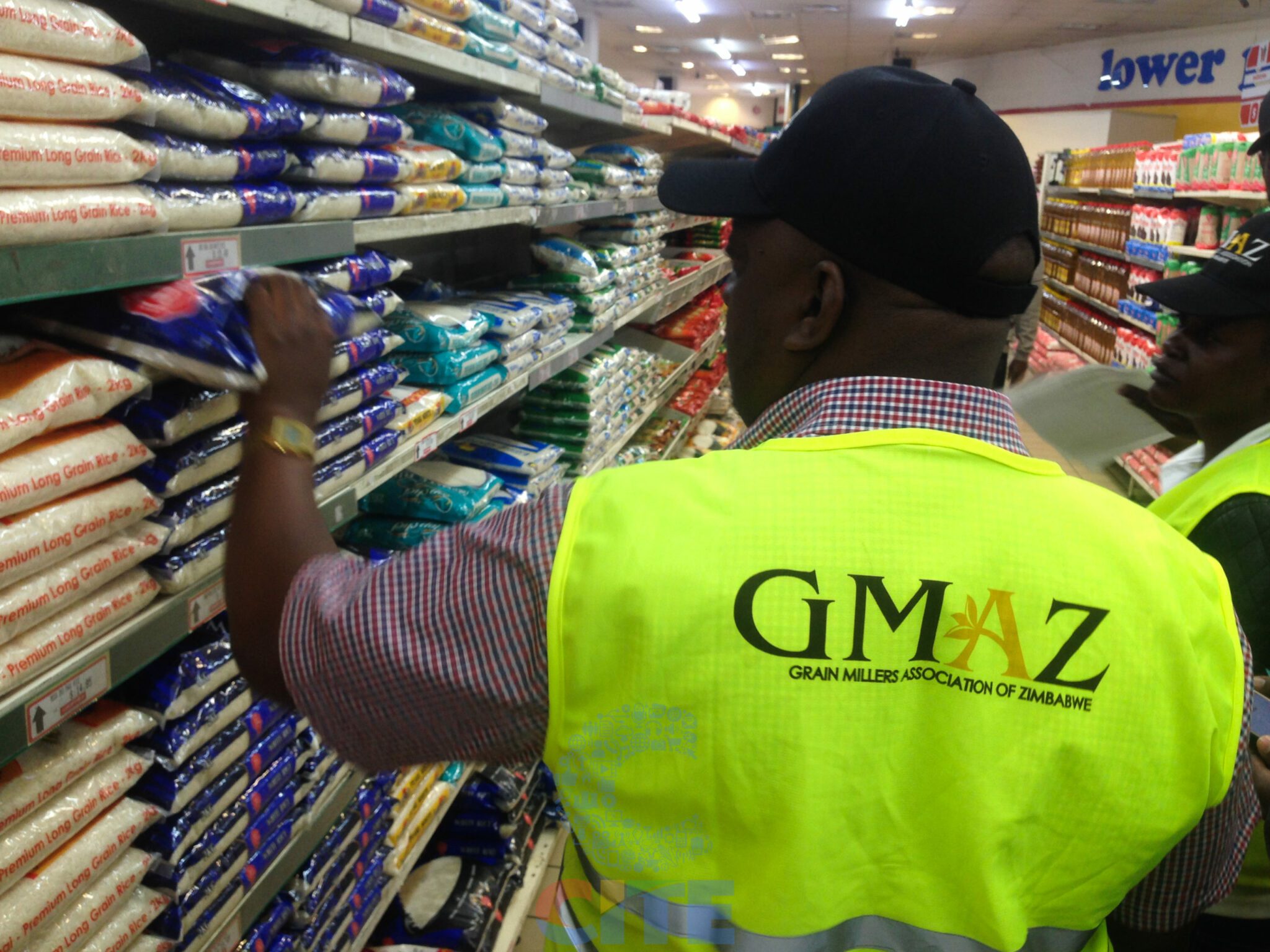By Albert Nxumalo
The Grain Millers Association of Zimbabwe (GMAZ) has again raised the recommended retail price for mealie-meal, flour, salt and rice, as the wave of increases continues despite government optimism that the costs of basic goods would go down.
GMAZ chairman, Tafadzwa Musarara insisted that despite raising the prices, they were trying to “to safeguard consumers from profiteering tendencies by some unscrupulous wholesalers and retailers”.
Musarara seemed to be apologetic for the rise in prices, saying GMAZ was “indebted” to President Emmerson Mnangagwa “for his personal involvement in assisting the industry in continuing to secure grain”.
According to the new price list, a 5kg roller meal bag will now cots between $9,60 and $13,06 with consumers having to pay between $38,42 and $47,29 for 20kg.
A 2kg bag of rice will retail for between $18,20 and $22,89 while a 2kg pack of flour has been pegged at between $18,00 and $22,50.
The price of a packet of 2kg coarse salt would range between $4,20 and $7,07.
GMAZ last announced new prices at the beginning of June.
In June, Finance Minister Mthuli Ncube said he was confident that prices will start going down in July.
While some prices have gone down, on the whole the cost of living continues to shoot up with inflation inching close to 100 percent as of May 2019.
Ncube has insisted that prices were inflated and a measure of reforms will see the cost of basics coming down.
Zimbabwe faces the triple whammy of high inflation, a drought and foreign currency shortages that have seen prices sky rocket, while the government’s capacity to import grain is further constrained.
Last week, Mnangagwa revealed that the country needs to import 800 000 tonnes of maize following a drought that reduced the harvest by more than half.
A United Nations agency has indicated that up to 5 million Zimbabweans, a third of the population, would need food aid this year following the El Nino-induced drought.
Grain imports could put pressure on the country’s meagre US dollar reserves, which have seen the country grapple with shortages of fuel, medicines, bread and electricity.
Last month, the government banned farmers from selling maize to anyone other than the Grain Market Board, as the government moved to try and keep the prices of the grain down.

